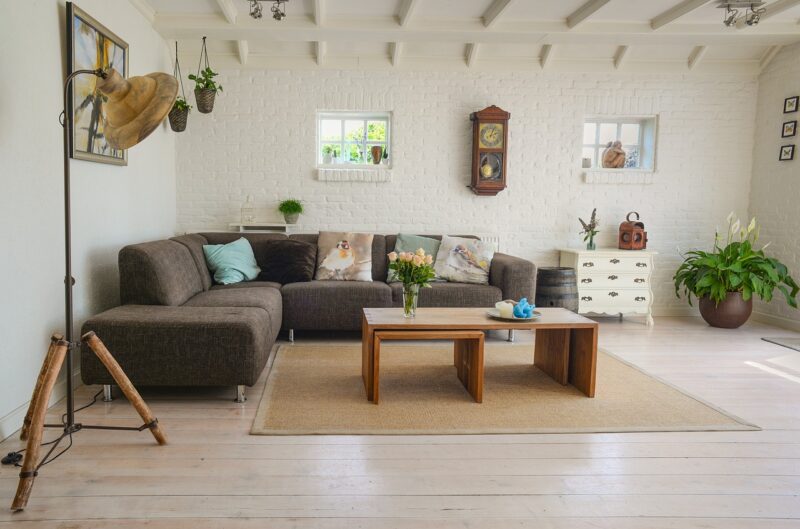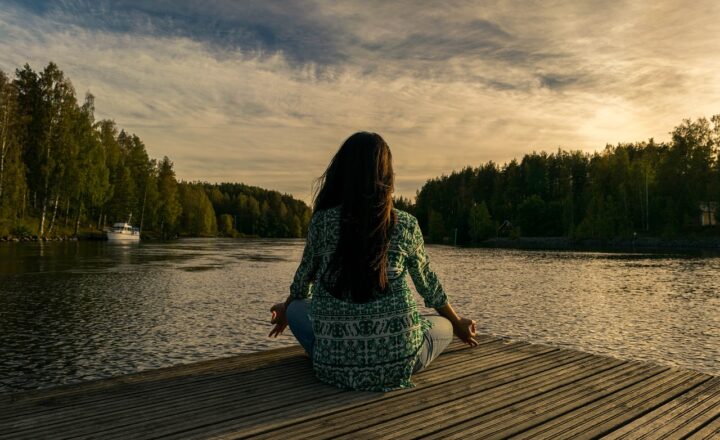
In an era characterized by rapid technological advancements, fast-paced living, and an endless pursuit of more, many individuals are seeking relief from the chaos of modern life. Enter minimalism—a lifestyle choice that encourages people to simplify their lives by reducing clutter, both physically and mentally. In this article, we will explore the principles of minimalism, its benefits, and practical steps you can take to embrace this transformative way of living.
1. Understanding Minimalism
Minimalism is more than just decluttering your space; it is a mindset that encourages you to focus on what truly matters. It invites you to let go of the excess and prioritize quality over quantity. Here are key concepts of minimalism:
- Intentional Living: Making conscious choices about what you bring into your life, from possessions to commitments.
- Decluttering: The process of removing items that do not add value or joy to your life.
- Quality over Quantity: Focusing on fewer, high-quality items that enhance your life instead of accumulating more possessions.
By aligning your lifestyle with these principles, you can cultivate a sense of peace and satisfaction that often eludes those trapped in the consumerist mindset.
2. The Benefits of Minimalism
Adopting a minimalist lifestyle can provide numerous physical and mental health benefits, including:
- Reduced Stress: Living in a clutter-free environment has been shown to decrease stress levels, allowing for mental clarity and improved focus.
- Enhanced Productivity: A streamlined environment helps eliminate distractions, leading to higher productivity in both personal and professional pursuits.
- Improved Financial Health: Cutting back on unnecessary purchases means more savings and the ability to invest in experiences that truly matter to you.
- Fostering Relationships: Minimizing distractions allows for deeper connections with family and friends, encouraging quality time and meaningful conversations.
By prioritizing what truly matters, you can pave the way for a more fulfilling and balanced life.
3. Practical Steps to Embrace Minimalism
Making the transition to a minimalist lifestyle doesn’t have to be overwhelming. Here are some practical steps to get you started:
- Start Small: Begin with one room or area of your home. Set a timer for 15-30 minutes and focus solely on decluttering that space. You can also start with small items like jewelry or clothes.
- The Four-Box Method: Use four boxes labeled “Keep,” “Donate,” “Trash,” and “Sell.” As you declutter, place items into the appropriate boxes. Be honest about what you truly need and use.
- Implement a One-In, One-Out Rule: For every new item you bring into your home, consider removing an old item. This prevents accumulation of clutter and keeps your environment manageable.
- Digitize When Possible: Store documents, photos, and music digitally to reduce physical clutter. This can free up space while still keeping your cherished memories accessible.
- Quality Over Quantity: Invest in multi-functional items that serve more than one purpose. This not only minimizes clutter but also enhances your space’s utility.
- Make Time for Reflection: Regularly assess your lifestyle and whether your possessions align with your values and goals. This can help you remain intentional about your choices going forward.
These practical steps can facilitate your transition to a minimalist lifestyle, creating a more organized and purposeful environment.
4. Minimalism Beyond Material Possessions
While minimalism often focuses on physical decluttering, it can also apply to other areas of life:
- Digital Minimalism: Reduce the time spent on devices and simplify your online presence. Unsubscribe from unnecessary emails, delete unused apps, and limit social media usage to promote mental clarity.
- Simplifying Commitments: Just as material possessions can weigh us down, so can excessive commitments. Learn to say no to obligations that do not align with your values or that cause stress.
- Mindful Consumption: Be intentional about your consumption patterns, whether it be food, entertainment, or information. Strive for quality and meaningful experiences rather than quantity.
By applying minimalism to these aspects of life, you can create a holistic approach to simplifying your existence and enhancing your overall quality of life.
5. Overcoming Challenges in Embracing Minimalism
Transitioning to a minimalist lifestyle can present various challenges, including emotional attachment to possessions and societal pressures. Here are some strategies to tackle these challenges:
- Acknowledge Emotional Attachments: Understand that it’s normal to feel attached to certain items. Take time to reflect on their significance and why you want to keep them. This could help you let go of what doesn’t truly serve you.
- Shift Your Mindset: Approach minimalism as a lifestyle enhancement rather than a deprivation. Focus on the joy and freedom that comes from living more intentionally and without excess.
- Connect with a Community: Surround yourself with like-minded individuals or groups that support your minimalist journey. Sharing experiences and challenges can motivate you and provide the encouragement needed to maintain your new lifestyle.
Facing these challenges head-on can ensure a smoother transition to minimalism, making it a sustainablе choice for the long term.
Conclusion: Start Your Minimalist Journey Today
Embracing minimalism offers a path toward a fulfilling, intentional, and mindful life. By reducing clutter in your home and mind, you can allow space for the things that truly matter—relationships, experiences, and personal growth. Take the first step today by assessing your surroundings and identifying areas where you can simplify. As you continue on this journey, you’ll likely discover the immense benefits of a minimalist lifestyle while creating a more aligned existence in the modern world. The journey to minimalism is not just about removing physical clutter—it’s about making room for what truly brings joy and authenticity into your life.
Embrace minimalism—your mind, body, and spirit will thank you.








